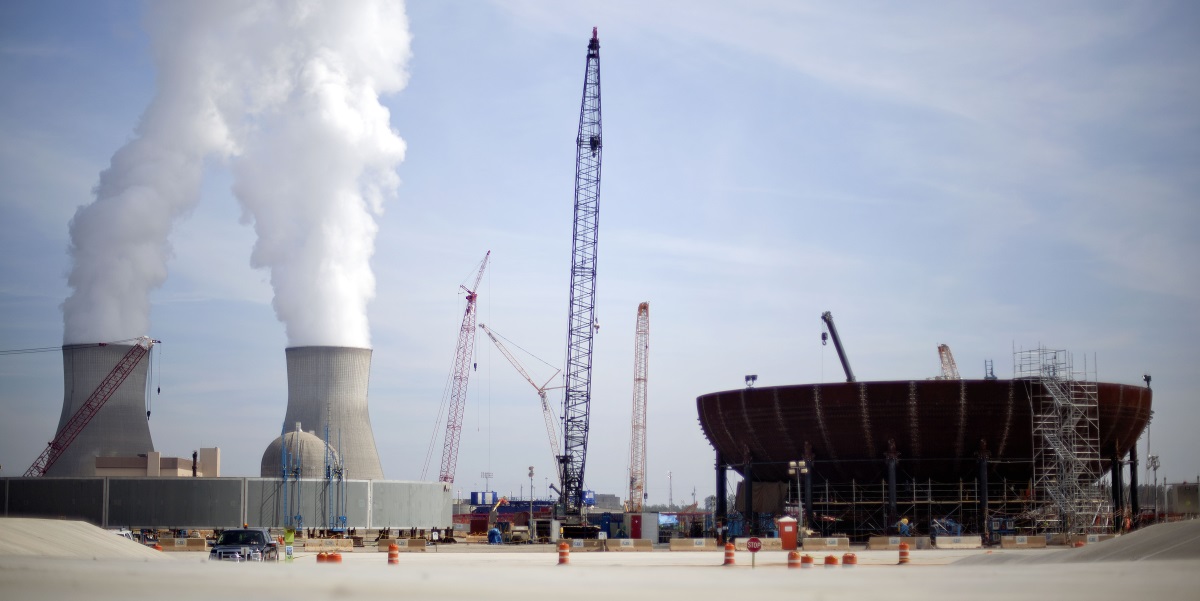State Officials Consider Vogtle Spending Deal With Ga. Power

State officials are considering making a deal with Georgia Power on how much customers will pay to help build the new nuclear power units at Plant Vogtle.
The cost of Vogtle Units 3 and 4 has gone up as the date they’re expected to be finished has been pushed back.
Georgia Power customers are helping to pay to build the new units, through a charge on their monthly electric bills. The Public Service Commission decides if the money Georgia Power spends to build them is “prudent.” If it’s not, then the company can’t pass that spending on to customers.
At a hearing on Tuesday, comments from the public tilted against the project.
“If I die before this plant starts up, my estate should get a refund,” said Robert Searfoss, who lives in Atlanta.
Under the proposed deal, which was announced in October, the commission would agree that all spending up until the end of 2015 is reasonable, meaning it can be passed on to consumers.
The upside for customers under the proposed deal is that this coming year, the rates they pay for building the new units won’t go up. Georgia Power would also agree to a lower return on equity, and if there are any more construction delays, the return on equity would go down more.
“We believe the stipulation is in the public interest, and if approved, will provide significant protections and savings to ratepayers,” Steven Roetger, a PSC staffer, testified at the hearing on Tuesday.
Roetger said that the PSC could still revisit spending, if it turns out to be imprudent in the long run.
But consumer advocates were not convinced. Liz Coyle, with the group Georgia Watch, said she thinks with this deal, more risk would be passed on to consumers than to shareholders.
“At the end of the day, the commission has to decide whether or not there are more benefits for consumers, or more benefits for shareholders,” she said. “We continue to be concerned that the balance is not quite right yet.”
She said it would be better to review costs during construction, in the semi-annual hearings that the PSC holds, then decide on what was prudent once the over-budget, past-deadline and first-of-its-kind project is completed.
“No one’s ever flipped a switch on an AP1000 to see if this technology in even going to work,” she said. “So why not wait until these units ever get completed and ever get working.”
At the hearing, Mark Rauckhorst, with Southern Company, said that construction on Unit 4 is going more smoothly than Unit 3, since the company has been able to learn as it goes along.
“I think the one thing we can all agree on, as soon as we can get this done and get these benefits of nuclear to ratepayers, the better off we all are,” said Roetger.
The Public Service Commission will vote on the deal later this month.
9(MDAxODM0MDY4MDEyMTY4NDA3MzI3YjkzMw004))








